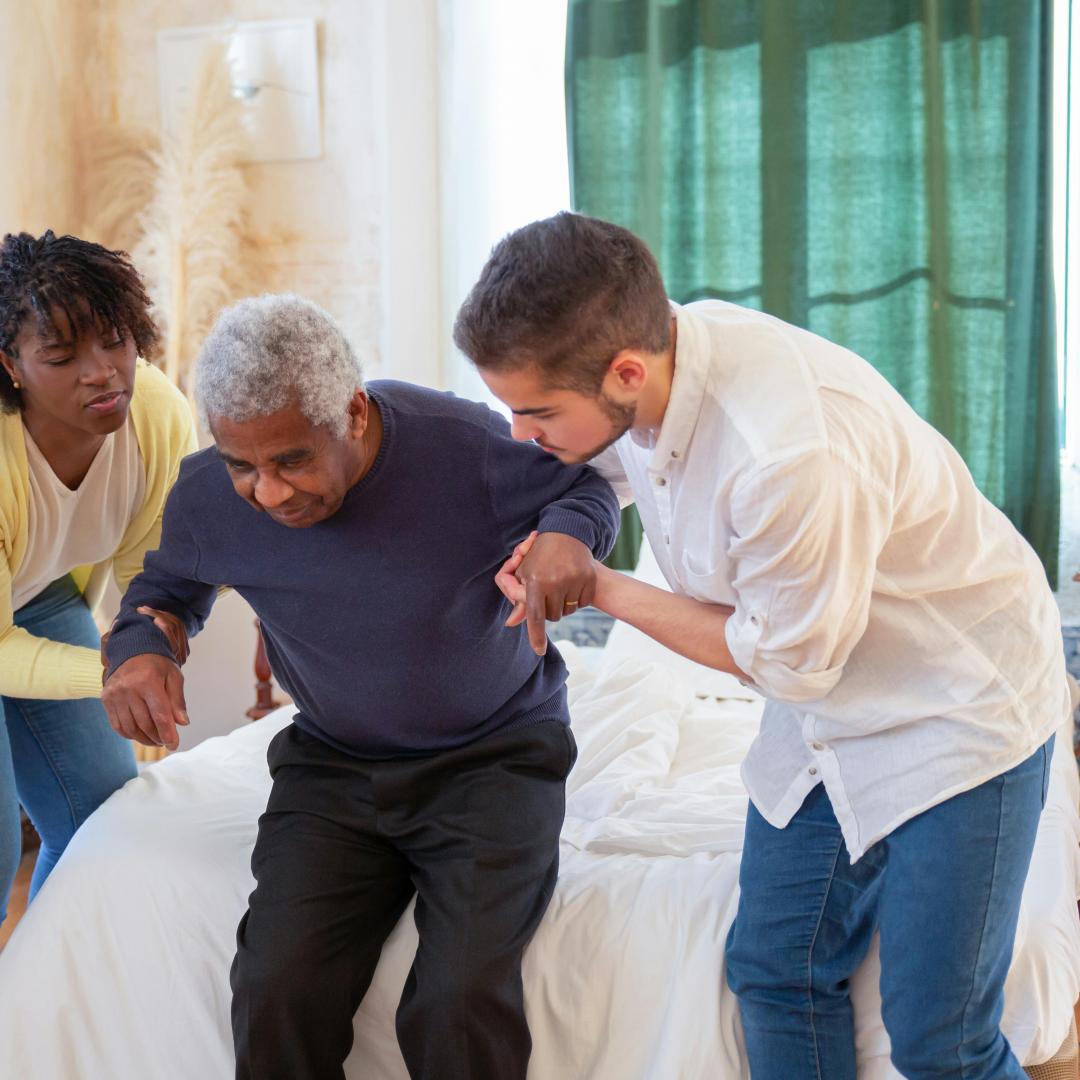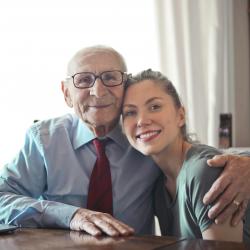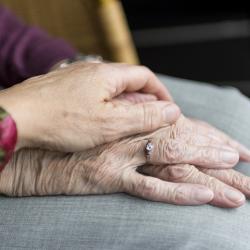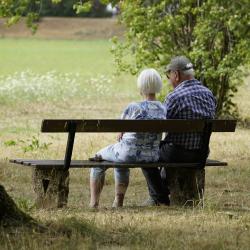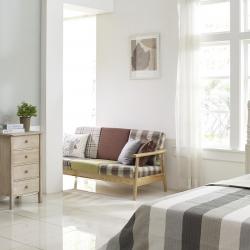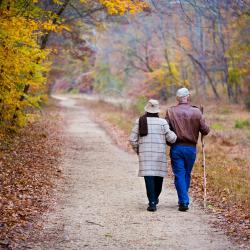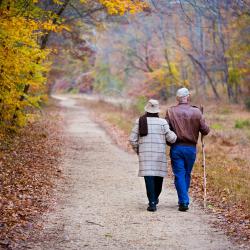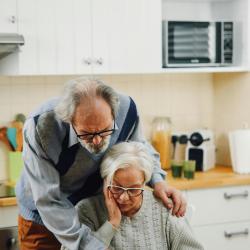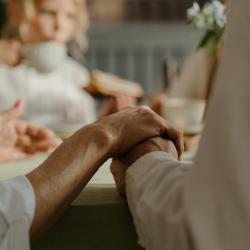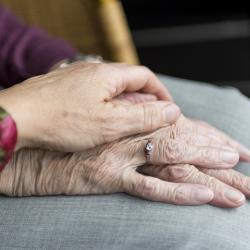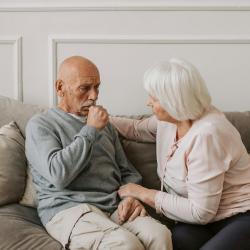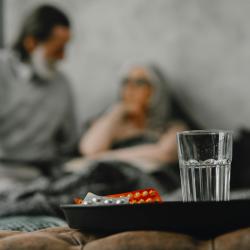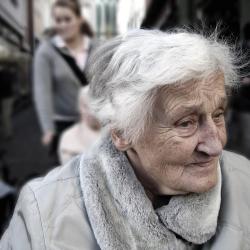The Best Home Safety Tips for Elderly Relatives
As our loved ones grow older, ensuring their safety and well-being becomes a priority. The familiarity and comfort of home can be a great help for elderly individuals, but it's also vital to make adjustments to the living environment to prevent accidents and injuries. Here are some of the best home safety tips for elderly relatives to ensure their home remains a safe haven.
1. Fall Prevention:
Falls are among the most prevalent causes of injury in older adults. Taking measures to prevent falls can significantly enhance home safety:
- Clear Pathways: Ensure that all walkways and frequently used areas are free of clutter, cords, and loose rugs. Secure any loose rugs with non-slip backing.
- Install Grab Bars: Place grab bars in critical areas such as bathrooms near toilets and inside shower stalls. These provide support and reduce the risk of falls.
- Adequate Lighting: Poor lighting can lead to falls. Install nightlights in hallways, bathrooms, and bedrooms to ensure visibility during the night. Consider motion-activated lights for added convenience.
2. Fire Safety:
Fire safety is crucial, especially for older adults who might not move as quickly in an emergency.
- Install Smoke Detectors: Ensure that smoke detectors are installed on each floor of the home and that they are functioning properly. Test them regularly and replace batteries at least once a year.
- Avoid Overloading Outlets: Encourage the use of power strips that come with circuit-breaker protection. Avoid using high-wattage appliances in outlets that aren’t designed for them.
- Create an Emergency Plan: Discuss and practice an emergency evacuation plan with your elderly relative. Ensure they know the safest routes and how to contact emergency services.
3. Medication Management:
Proper management of medication is essential for the health and safety of elderly individuals.
- Organize Medications: Use pill organizers to help track daily dosage and prevent accidental overdoses or missed doses.
- Clear Labeling: Make sure all medications are labeled clearly and stored in a well-lit area to reduce the chance of taking the wrong medication.
- Consult a Professional: Pharmacists or healthcare providers can offer advice on how medications might affect balance or cognitive function, which can further enhance safety.
4. Kitchen Safety:
The kitchen can be a dangerous area if precautions aren’t taken.
- Appliance Checks: Frequently check kitchen appliances for any safety hazards. Ensure that appliances are used correctly and replaced if any faults are detected.
- Fire Extinguishers: Keep a fire extinguisher readily accessible in the kitchen and ensure your elderly relative knows how to use it.
5. Enhance Bathroom Safety:
The bathroom is another area with a high risk of accidents.
- Non-Slip Mats: Place non-slip mats inside the shower and outside on the floor to prevent slips.
- Shower Chairs and Handheld Showerheads: Use shower chairs and handheld showerheads to provide stability and support while bathing.
6. Personal Emergency Response Systems (PERS):
Consider investing in a PERS device, which can alert emergency services at the push of a button. These are particularly useful if your loved one lives alone, providing an added layer of security.
7. Regular Check-Ins:
If possible, visit your elderly relatives regularly to check for any new safety concerns. Encourage neighbors or friends to check in regularly as well.
By implementing these home safety tips, we can help create a secure environment that promotes independence while ensuring the health and safety of our elderly loved ones. A proactive approach to home safety can greatly alleviate potential risks and provide peace of mind to both the elderly individuals and their families.
